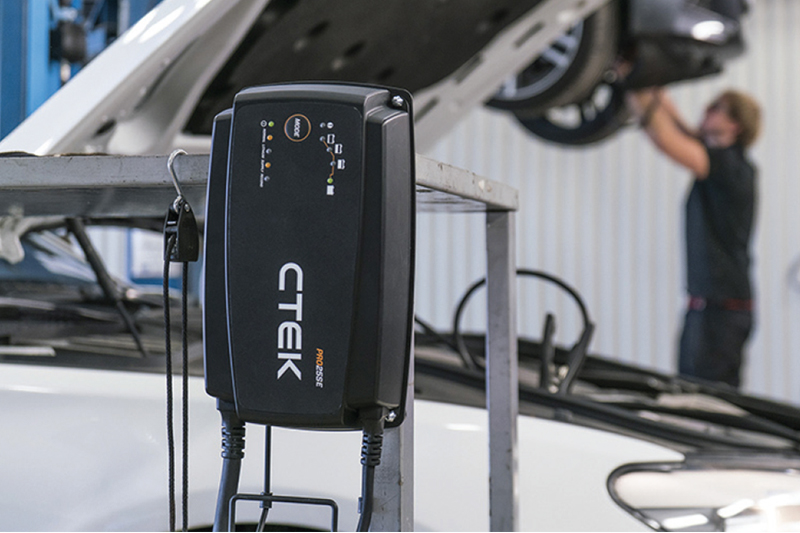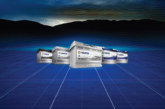
CTEK discusses the advice that factors can give to their garage customers to maximize their business when it comes to batteries.
Over the past decade, we have seen battery issues become more and more common in vehicles entering the workshop. A six-week winter workshop trial undertaken by CTEK back in 2019 identified that as many as 25% of vehicles arriving in the workshop have a battery problem, with a further 32% of vehicles at some risk of battery failure if action is not taken to maintain the condition of the battery.
Since COVID-19 first came into play, ever-changing traffic conditions and fluctuating driving habits have had an even greater impact on the state of vehicle batteries, bringing car battery health in the workshop to the fore.
With many people home-bound, there has been a surge in flat car battery cases, as cars being driven less frequently or on shorter journeys are at a greater risk of a flat battery. To compound this, consider what happens to the battery when cold weather strikes. Battery performance can be reduced by 35% when temperatures hit freezing, and can fall by as much as 50% if temperatures go even colder.
But what does this all mean for the workshop this winter?
Don’t forget changing driving habits: Our six-week trial pre-COVID identified a significant number of vehicle batteries in need of attention, and so the state of batteries entering the workshop will definitely worsen. Workshops should always be advised to test the battery when a vehicle enters the workshop.
Ghost failures: Did you know that low battery voltage can also cause ghost failures, too? The vehicle’s Canbus system, the main communication channel between all the control modules, will start to shut down all the systems it doesn’t need if battery voltage is low because its main priority is to ensure the engine keeps running at all costs. So if a consumer reports that the heated windscreen isn’t working, the workshop should test the battery first – it could save hours of unnecessary diagnostic work!
Always support the battery: Whether technicians are repairing a vehicle, testing electrical circuits, carrying out diagnostic procedures or flash programming an ECU, battery support is a vital activity that is often not fully appreciated for its importance in saving time and insuring against costly programming failures and possible damage to ECUs.
Customer service: When a vehicle enters the workshop, oil and other fluid levels, tyre pressures and brake condition are all regularly checked and monitored. Workshops could consider offering this level of service to their customers’ vehicle batteries – easily, safely and without disruption to usual workshop routines. To make the most of this opportunity, the workshop needs to be equipped with an up-to-date battery tester, ideally incorporating a printer facility. Complemented by a battery charger, such as the CTEK PRO 25, workshops can test, charge and condition a vehicle’s battery during other vehicle work, which is a chargeable service.
A battery performs best when it’s in peak condition, and by reducing the possibility of battery failure in the workshop – or even worse, after the customer gets home – workshops are saving time, money and protecting their reputation. And by introducing a battery test and charge service, they could be adding revenue too!







